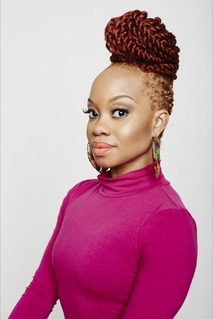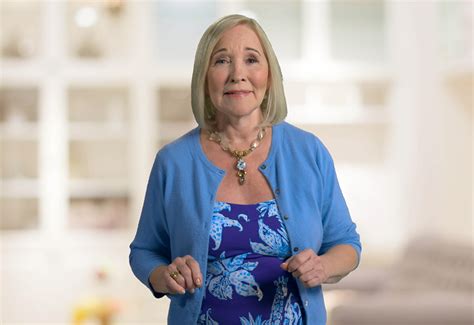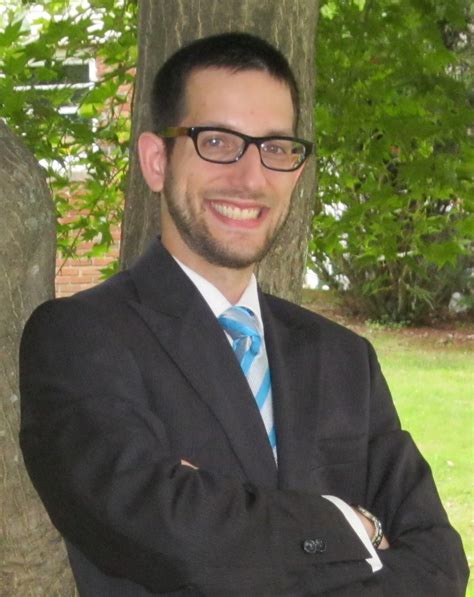A Quote by Claudia Rankine
How our availability, our showing up, our presence, leaves us open to that violence. I think it's a question of language, as it arrives from one body to another. It becomes the thing in between the two bodies.
Related Quotes
I think a lot of times when people hear the word dance, they think 'oh, that's something that I can't do.' But dance really lives in our bodies and the thing that I've come to learn, embrace and lift up is that we have history in our bodies that's living and breathing. We have our own individual history but we also have our heritage. Each one of us has our movement language and it's about tapping into that and pulling that out. That's the thing that I try to encourage everybody because it's not about dance, it's about the movement and the gesture and how we honor it.
Consciousness creates the body. Our bodies are made up of dynamic energy systems that are affected by our diets, relationships, heredity, and culture and the interplay of all these factors and activities... We cannot hope to reclaim our bodily wisdom and inherent ability to create health without first understanding the influence of our society on how we think about and care for our bodies.
Whether we know it or not, we transmit the presence of everyone we have ever known, as though by being in each other's presence we exchange our cells, pass on some of our lifeforce, and then we go on carrying that person in our body, not unlike springtime when certain plants in fields we walk through attach their seeds in the form of small burrs to our socks, our pants, our caps, as if to say, 'Go on, take us with you, carry us to root in another place.' This is how we survive long after we are dead. This is why it is important who we become, because we pass it on.
In addition to pumping the blood of life within our bodies, we may think of the heart as a belief-to-matter translator. It converts the perceptions of our experiences, beliefs, and imagination into the coded language of waves that communicate with the world beyond our bodies. Perhaps this is what philosopher and poet John Mackenzie meant when he stated, "The distinction between what is real and what is imaginary is not one that can be finely maintained ... all existing thing are ... imaginary."
We carve on our body what society teaches us and continue this task, not knowing the identity they force us to have. This identity is carved on our faces and our skins. Not knowing our bodies have become "the paper made of human meat," we stuff our bodies and make them a theater where cultural symbols or suppressed symbols play.
Realizing that our minds control our bodies while our bodies reflect our minds amounts to understanding the most fundamental aspects of ourselves. It further equals a comprehension of the relationship between our "tools." And since the mind and body are interrelated, this understanding makes it easier to see why coordinating them is a practical way of using these tools to greatest effect-a way of using the mind and body to live our lives as art.
Our incredible bewilderment (wilderness separation) blinds us from seeing that our many personal and global problems primarily result from our assault of and separation from the natural creation process within and around us. Our estrangement from nature leaves us wanting,and when we want there is never enough. Our insatiable wanting is called greed. It is a major source of our destructive dependencies and violence.
To make love is to become like this infant again. We grope with our mouths toward the body of another being, whom we trust, who takes us in her arms. We rock together with this loved one. We move beyond speech. Our bodies move past all the controls we have learned. We cry out in ecstasy, in feeling. We are back in a natural world before culture tried to erase our experience of nature. In this world, to touch another is to express love; there is no idea apart from feeling, and no feeling which does not ring through our bodies and our souls at once.
God is at the tip of our scalpels, our screwdrivers, our computer terminals, our dust rags, our vacuum cleaners, our pencils and pens. He is with us in our wheelchairs, or on our hospital beds, when all we can do is sit or lie flat. When we envision Him and His purpose in what we do, then we begin to grow aware of His presence in the middle of it. We are able to engage in our inward conversation with Him as we work, naturally, without strain. He becomes our partner, our collaborator.
Some things are up to us [eph' hêmin] and some things are not up to us. Our opinions are up to us, and our impulses, desires, aversions–in short, whatever is our own doing. Our bodies are not up to us, nor are our possessions, our reputations, or our public offices, or, that is, whatever is not our own doing.







































